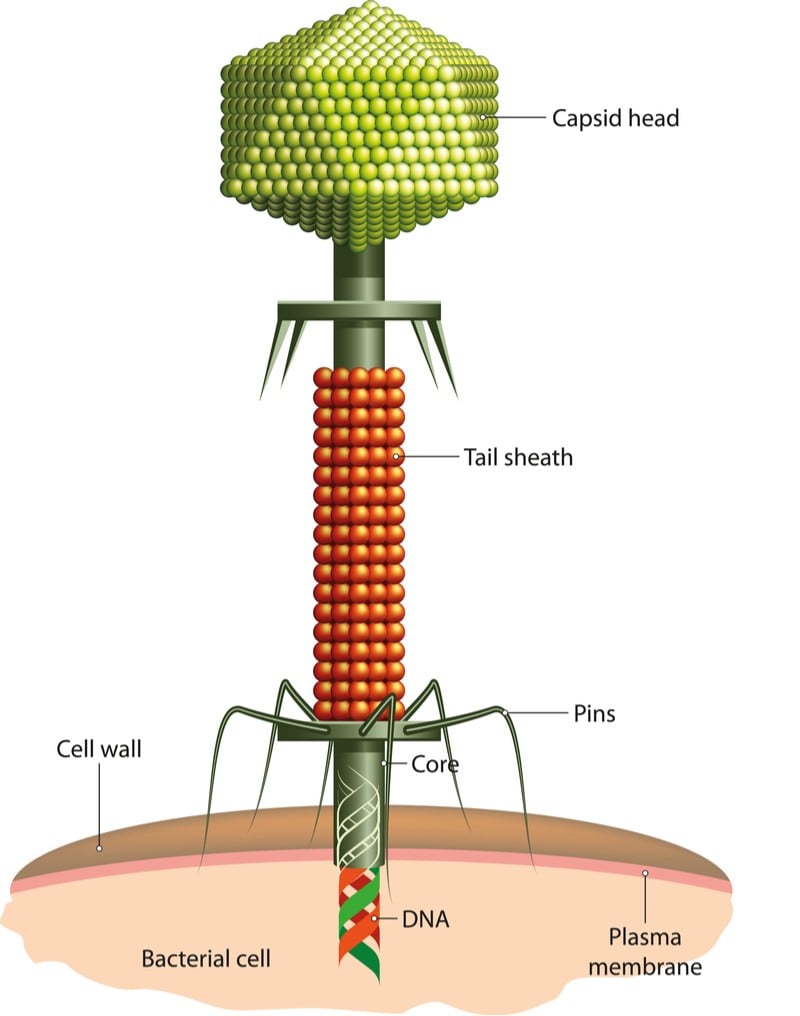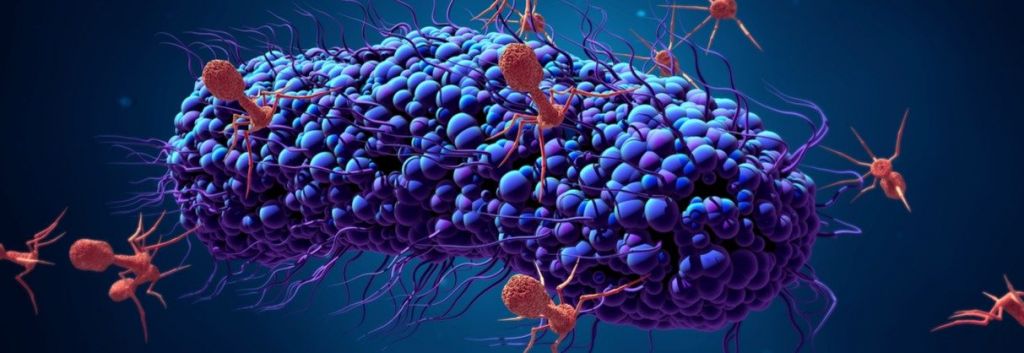Newsletter Signup - Under Article / In Page
"*" indicates required fields
A research group in Denmark has found proteins in gut and soil microbes that can inhibit the action of CRISPR-Cas9 gene editing, a finding that could help to control the technology with more precision and less risk.
Bacteria and viruses have fought an evolutionary arms race for millions of years. Bacteria evolved CRISPR systems to combat invading viruses, called bacteriophages, by cutting out the viral DNA from the bacterial genome. These systems have formed the basis of groundbreaking gene editing tools today such as CRISPR-Cas9. However, less well studied is the viral way of disarming the defence system, anti-CRISPR proteins.
“Anti-CRISPRs are found in phages, their genomes usually lack annotations, and we don’t know the function of most of their genes,” Morten Sommer, the lead researcher carrying out the work at the Novo Nordisk Foundation Center for Biosustainability, told me. “Therefore it makes it difficult to identify these proteins without any previous knowledge or an assay to test for their function.”
In a study published in Cell Host & Microbe, the researchers obtained DNA from the gut microbiomes of humans, pigs and cows, as well as soil. They introduced random sections of the collected DNA into a specially engineered strain of Streptococcus pyogenes bacteria to identify genes that were able to evade the bacteria’s CRISPR-Cas9 system.

From this approach, the researchers identified four new viral anti-CRISPR genes, which could one day help to fine-tune CRISPR-Cas9 gene editing, reducing off-target edits which can damage cells.
“Today, most researchers using CRISPR-Cas9 have difficulties controlling the system and off-target activity,” Sommer said in a statement. “Anti-CRISPR systems are very important, because you want to be able to turn your system on and off to test the activity. Therefore, these new proteins could become very useful.“
The researchers are looking into commercializing this discovery, but didn’t give any details. Any tools for improving CRISPR systems could be attractive for companies hoping to use the technology in medical applications. As an example from last year, the Swiss company CRISPR Therapeutics and its US partner Vertex Pharmaceuticals launched the first trial of CRISPR-Cas9 in Europe, for the treatment of genetic diseases.
Outside of medical uses, anti-CRISPR proteins could also improve the accuracy of CRISPR for genetically engineering animals, crops and microbes, a route that the German company BASF is taking.
Images from Shutterstock
Partnering 2030: FME Industries Report







